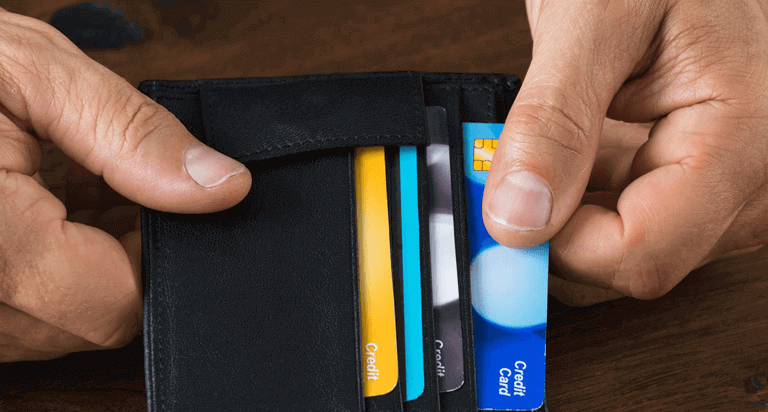Establishing Credit When You Don't Have Credit
Highlights:
- Consider a secured or student credit card or secured loan
- You can become an authorized user on a credit card account, or get a co-signer
- Ask about getting your on-time rent or utility payments reported to the three nationwide credit bureaus
It’s a situation many young adults face when they’re just starting out – how to build a credit history when you don’t have a credit history. After all, you can’t show that you’ve demonstrated responsible credit behavior when a lack of credit history means you can’t get credit – meaning a loan or a credit card. There are, however, a handful of options when you’re just starting to establish responsible credit behaviors.
Consider a secured or student credit card. A secured credit card requires you to make a deposit up front, possibly the same amount as your credit limit. You can use secured credit cards just like an unsecured credit card – to make purchases and make regular payments. If you fail to pay the balance of a secured credit card off each month, it will incur interest. And when you close the account, you receive your deposit back.
Because a secured credit card is meant to help a consumer establish a credit history, it’s not meant for long-term use. It’s important to make sure your secured credit card company reports to the three major credit bureaus – Equifax, Experian and TransUnion.
If you’re a student, some credit card companies also offer student credit cards, which are designed to help students build credit. You usually have to be a student to qualify – many, but not all, companies require applicants to provide school information. Student credit cards usually have a lower credit limit, and you must have proof of income to qualify for one if you’re under 21. The Credit Card Act of 2009 requires credit card lenders to only provide credit cards to consumers who have the ability to pay the monthly minimum.
Many large banks and credit card companies offer credit cards with low credit limits to consumers building their credit. Some require an annual fee.
Think about applying for a secured loan. There are several different types of secured loans. Some are secured by a deposit, which is used if you don't make payments as agreed. Others use an asset you own, such as a vehicle, as collateral -- but the asset can be repossessed if you fail to pay the loan as agreed.
With another kind of loan, called "credit builder" loans, the amount you borrow is held in a bank account while you make payments. At the end of the loan term, you receive the money.
Again, as with any loan, you’ll want to ask whether the finance company reports payment information to all three nationwide credit bureaus.
Consider becoming an authorized user on a credit card. As an authorized user on someone else's credit card account, you’ll receive a credit card in your name, linked to the primary account owner’s credit card account.
Authorized users aren’t responsible for payment on the account, but how the primary account holder pays the account may be reflected in your credit history. It’s important to know who you’re becoming an authorized user with and whether they have responsible payment behavior and the account has a positive history.
Before you become an authorized user, you (or the primary account holder) may want to consider contacting the credit card company to determine if they report information to any or all of the three nationwide credit bureaus.
A co-signer. A co-signer is a person who agrees to be legally responsible to pay a debt if the borrower does not pay back a loan as agreed. One common scenario is for parents to co-sign on a car or student loan. Benefits of getting a co-signer may include better loan terms or qualifying for a loan you might not otherwise get.However, it’s not an agreement to enter into lightly. Failing to make payments on the loan can impact both you and your co-signer.
Ask about getting your on-time rent or utility payments reported. Typically, rent payments, along with utility and cell phone bills, don’t appear on credit reports. But you can ask your landlord or utility companies to report your positive rent payments to the three nationwide credit bureaus. Also, rent payment reporting services will report your rent payments to at least one nationwide credit bureau, although costs may vary.
Building a credit history takes time, so don’t expect things to change dramatically overnight. But month by month, responsible credit habits will translate into a positive credit history.
Get your free credit score today!
We get it, credit scores are important. A monthly free credit score & Equifax credit report are available with Equifax Core CreditTM. No credit card required.


